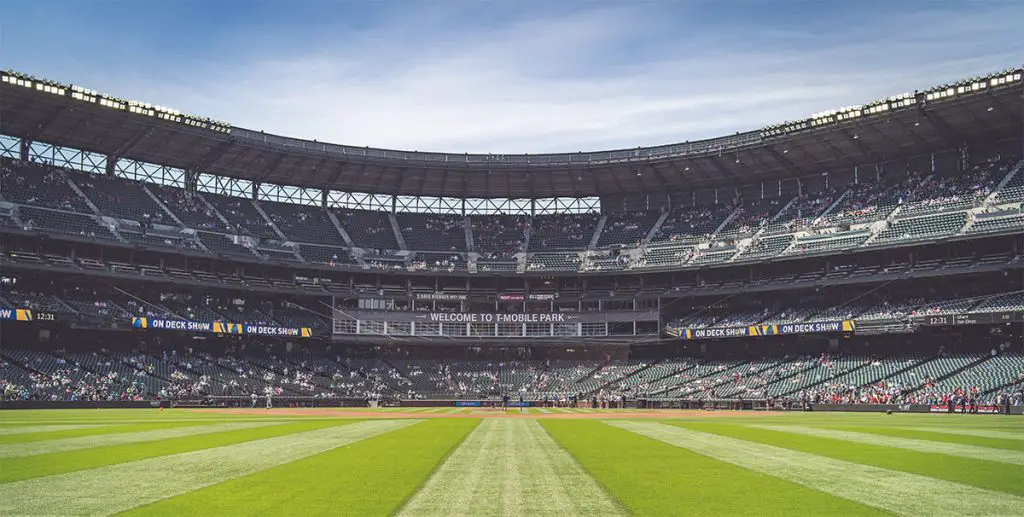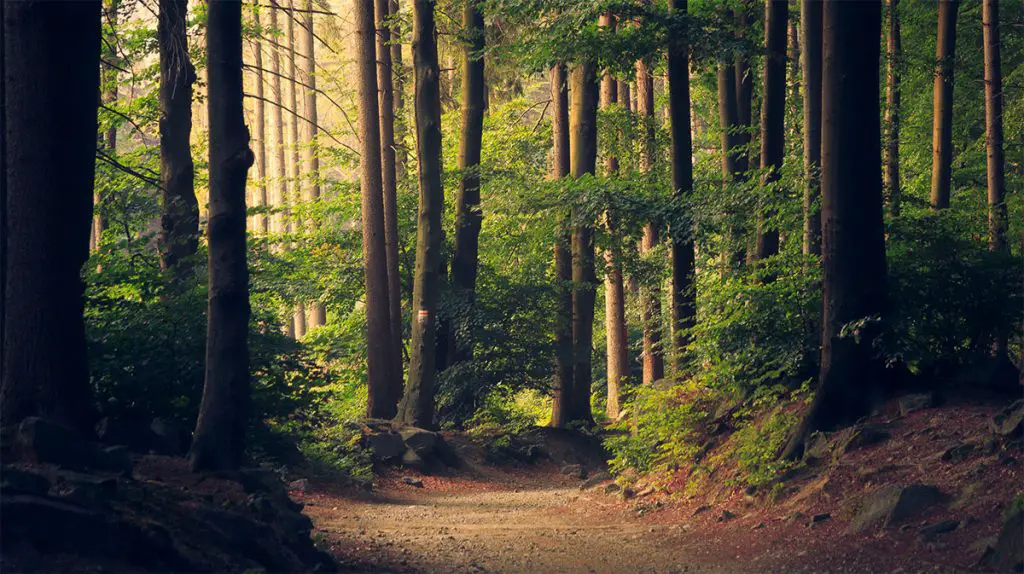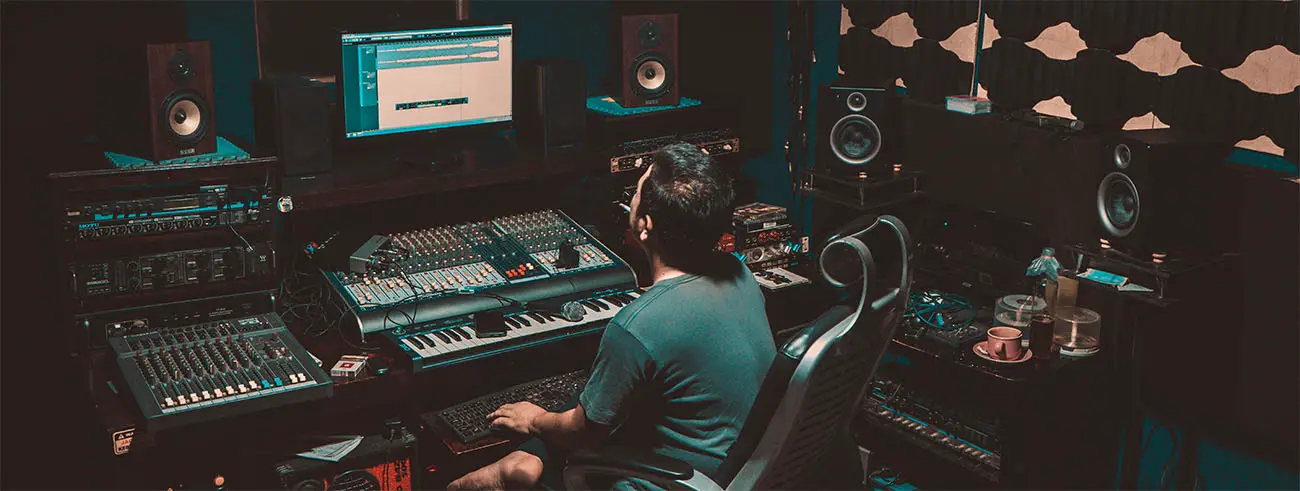Reverb can be good for so many things and is one of the most widely used effects today. If you’re a music producer, learning about reverb and how to use it is absolutely necessary. In this article, you will learn 5 awesome things that reverb is good for. To help you understand why you might want to use it.
1. Helps To Smooth Out Imperfections In Recordings
Reverb can help smooth out imperfections on a recorded vocal or instrument. But it comes at the cost of perceived clarity. On vocals, for example, clarity is hugely important for the lyrics to be understandable.
On an instrument, that may not be as important. However, there is always a sweet spot, where you will get the benefits of a smooth sound as well as clarity. Just don’t go overboard with the reverb and you should be fine.
2. Makes Simple Sounds Complex
Simple sounds and melodies can get a very complex sound by adding reverb. For example, if you got a melody. The tones that are played will linger around, and still play in the background when the next tone is played.
This will make the tones combine into more complex harmonies and melodies. If you play one note at a time from a chord. Without reverb, that’s just one note at a time. But with reverb, every note will linger around when the next note is played, making the notes combine into the chord but in an indirect way.
3. Makes Anything Sound Huge

Reverb tricks the brain to perceive space where it doesn’t exist. Therefore, adding reverb to any sound can make it go from sounding small to sounding absolutely huge. Let me show you an example.
Listen to this example. On the left, you have cinematic drums without reverb, and on the right, with it. It’s just a quick example, but you will notice the difference right away.
4. Reduces Ear Fatigue

Sounds without reverb can sound very direct, and lack space, they can be fatiguing for the ears to listen to. Reverb can compensate for that by adding space.
The most unnatural and most ear fatiguing combination you can get. Would be to listen to a sound that is computer-generated, with no reverb through a pair of headphones.
When music is played back on headphones. There is no room for natural reverb to take place. The truth is, in most natural settings, all sounds will be subject to reflections when you hear them.
If you’re talking or listening to music outside, objects such as trees and rocks will reflect the sounds and color the listening experience. That’s a type of reverb.
So by adding reverb, you’re also adding nature back into your mix.
5. Helps Create A Cohesive And Glued Together Mix
Reverb can help glue your mix together by putting every element in the same space. If you use the same reverb effect for most elements, it can make the sounds have more in common with each other, even if they’re totally different.
This can be done for example, by putting reverb on the master bus but dialing it back a whole lot. Just a few percent can be enough to create a glue that binds the mix together.





